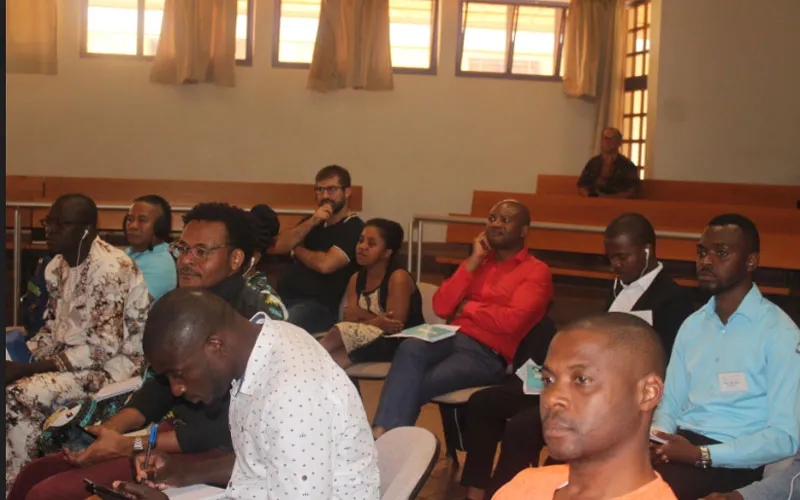Nairobi, 06 October, 2022 / 9:00 pm (ACI Africa).
Faced with the challenge of unemployment amid worrying poverty levels in Angola, young people in the Southern African country are resorting to desperate measures to cope, including drug abuse, a trainee at Together for a New Africa (T4NA) has said.
Edmundo Francisco, a member of the initiative for young changemakers committed to shaping “a new Africa” told ACI Africa that given a chance, young people in Angola, which is famed for its richness in natural resources, are also willing to leave the country for search of greener pastures elsewhere.
“There are some young people who are doing everything they can do to leave the country. It's easy to hear young people on the streets saying, if I can just leave this country, I will just leave. But it's not easy to leave the country,” Edmundo said during the September 29 interview.
Speaking on the sidelines of the just ended training of T4NA tutors in Nairobi, Kenya, Edmundo said that young people in the country try to do everything to survive., adding, “They do menial jobs that keep them in a poverty cycle. Others end up using drugs.”
He said that the biggest employer in the country is the government and that many people apply for government jobs, even without the required qualifications. He said, “This, I think, paints the picture of desperation among young people in our country.”








